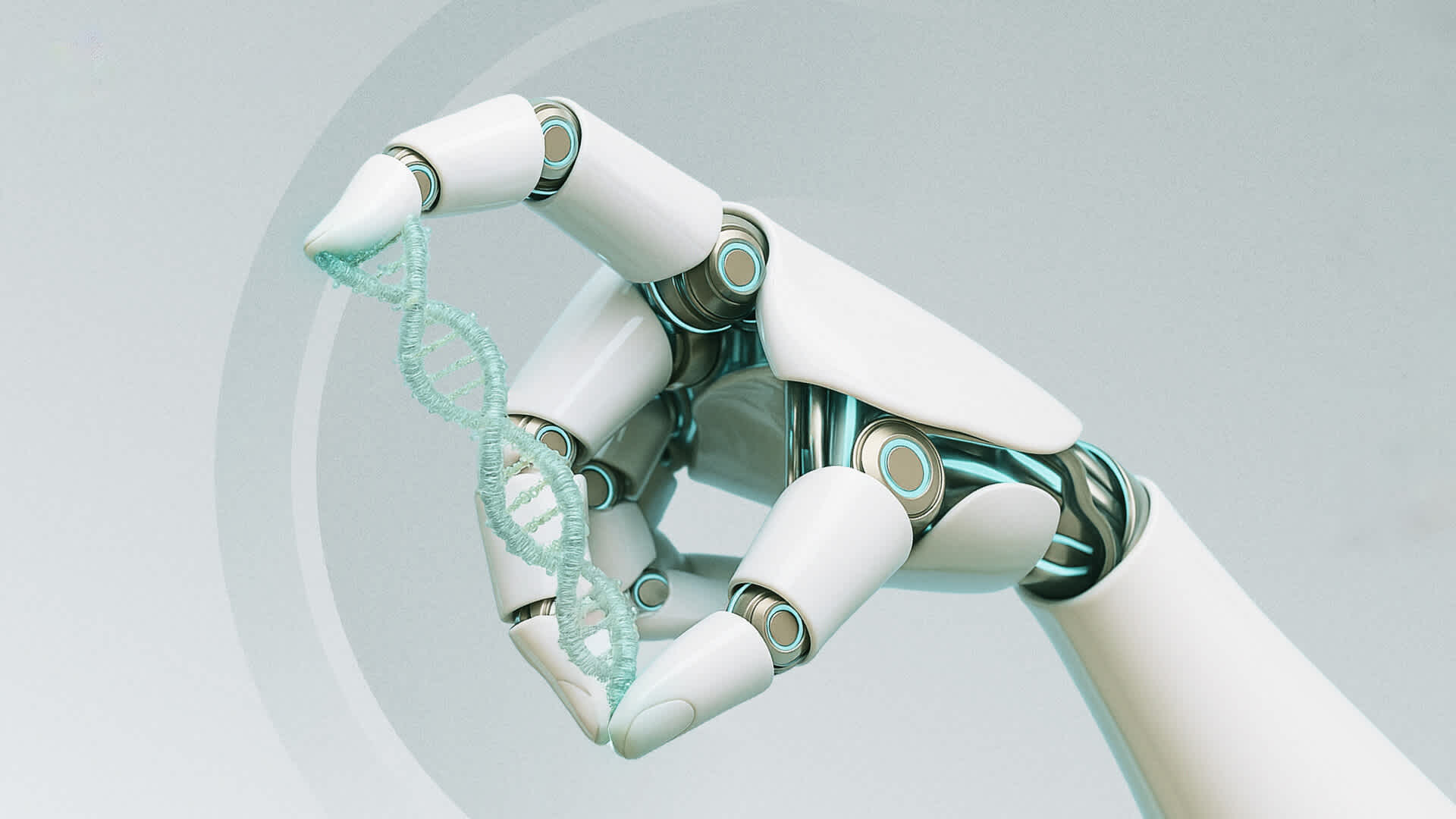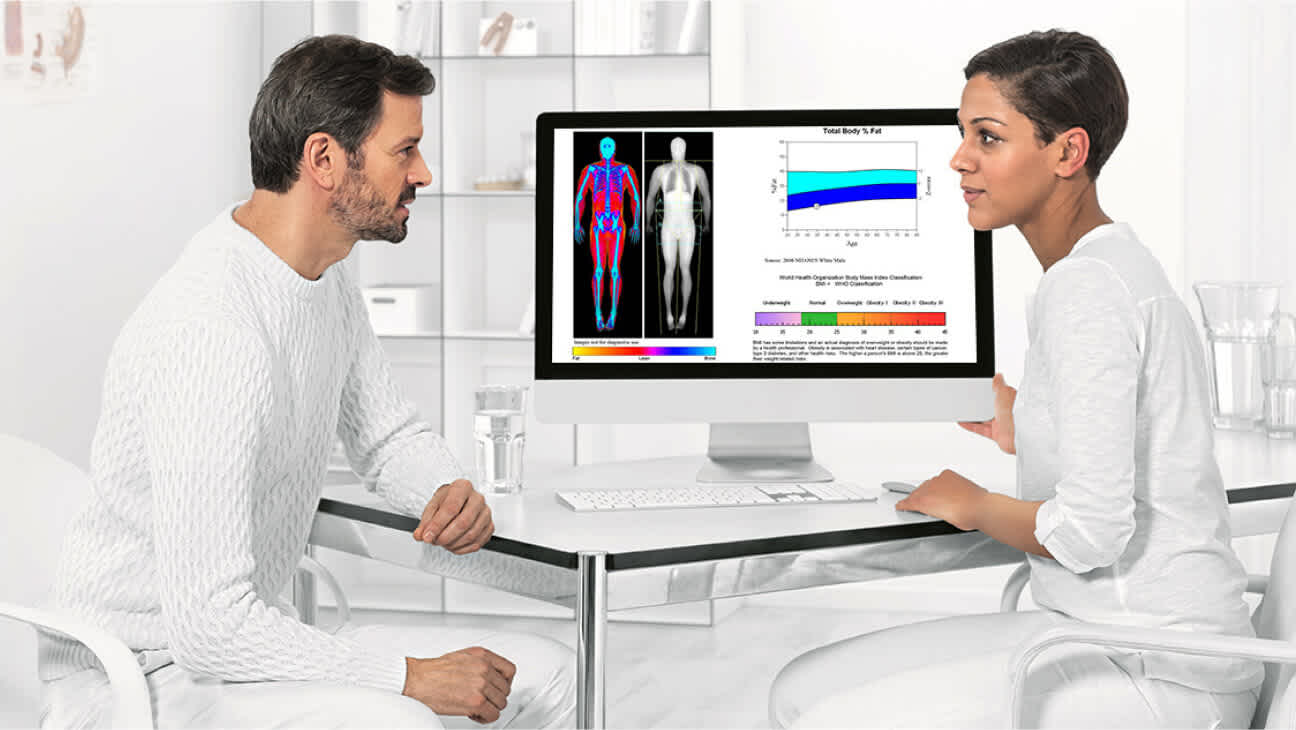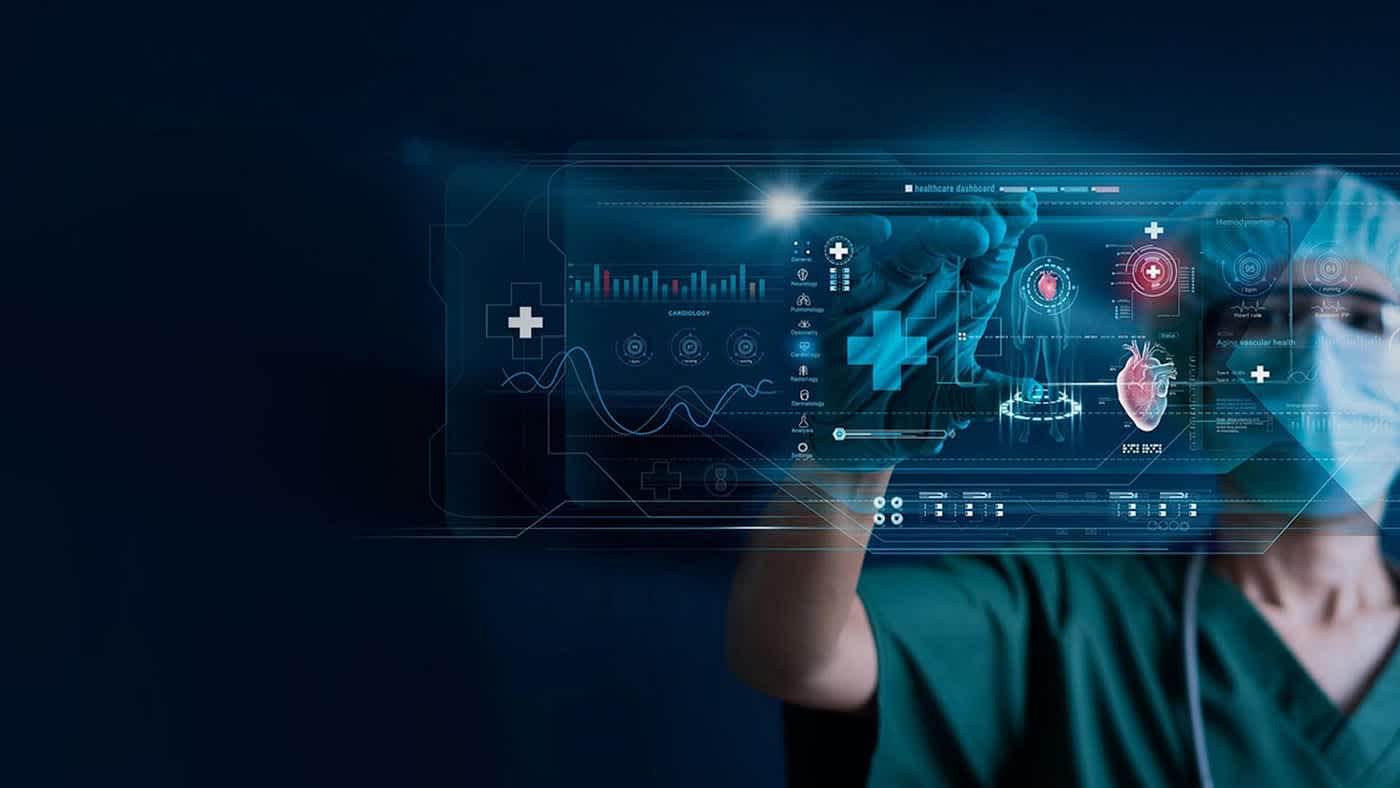← Go back
Artificial intelligence in healthcare: A Revolution in Progress


So, how exactly is AI making an impact?
Enhanced Diagnostics and Early Detection:
Beyond identifying subtle patterns in traditional medical images, AI is also enhancing the analysis of body composition through advanced imaging techniques like Bodycomp imaging, particularly DEXA scans. AI algorithms can now provide even more detailed insights from these scans, going beyond simple fat and muscle percentages to analyze regional distribution and even predict potential metabolic risks with greater accuracy. This level of detail allows for truly personalized fitness and nutrition plans, as well as better monitoring of treatment outcomes for various health conditions.

Personalized Treatment Plans:
We are all unique, and so should be our healthcare. AI is paving the way for truly personalized medicine. By analyzing a patient's genetic makeup, lifestyle, medical history, and even their response to previous treatments, AI can help clinicians develop highly tailored treatment plans. This precision medicine approach ensures that patients receive the most effective interventions, minimizing side effects and optimizing recovery.

Drug Discovery and Development:
Bringing a new drug to market is an incredibly long, expensive, and often unsuccessful process. AI is dramatically accelerating this. Machine learning algorithms can analyze molecular structures, predict drug efficacy and toxicity, and even identify potential new drug candidates much faster than traditional methods. This not only reduces the time and cost involved but also increases the likelihood of discovering groundbreaking new therapies.
Streamlining Administrative Tasks:
Beyond direct patient care, AI is also proving invaluable in tackling the often-burdensome administrative tasks that healthcare professionals face. From automating scheduling and billing to managing electronic health records and even answering routine patient queries through chatbots, AI can free up valuable time for doctors and nurses, allowing them to focus more on what matters most: patient care.
Predictive Analytics for Public Health:
AI can analyze population-level data to predict disease outbreaks, identify at-risk communities, and optimize resource allocation in public health initiatives. This predictive power enables proactive interventions and more efficient responses to health crises.
Conclusion:
While the potential of AI in healthcare is immense, it's important to acknowledge that its integration is not without challenges. Issues such as data privacy and security, the need for robust regulatory frameworks, ensuring ethical AI development, and the importance of maintaining the human element in patient care are all critical considerations that need to be addressed as this technology evolves. However, the benefits are clear. AI is not here to replace healthcare professionals but rather to augment their abilities, empower them with new insights, and ultimately, help them deliver better care. As AI continues to mature, we can anticipate even more transformative applications that will redefine what's possible in medicine. The future of healthcare is intelligent, and AI is leading the way towards a healthier, more efficient, and more personalized world for everyone.

Alex Dolzhenko
Admin Associate